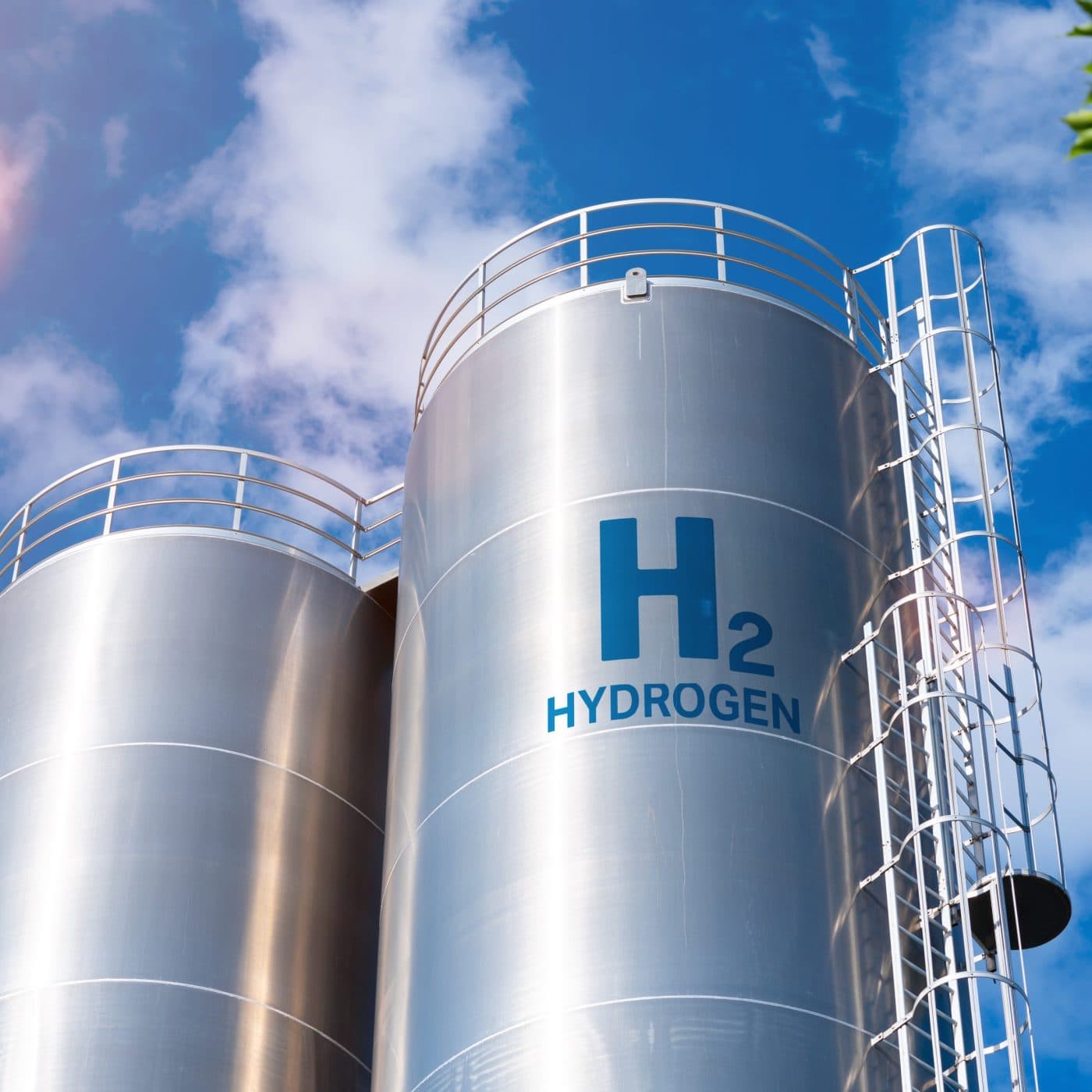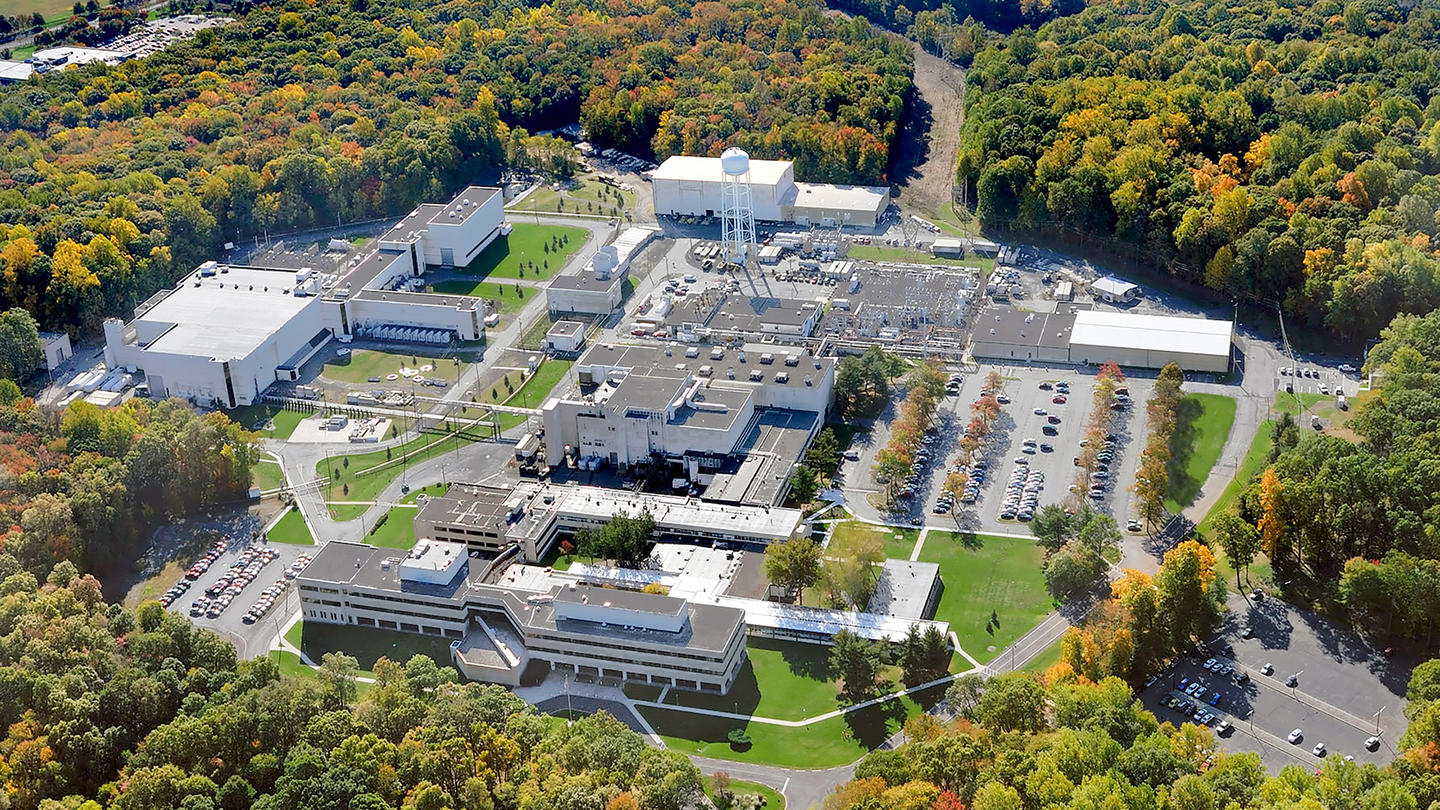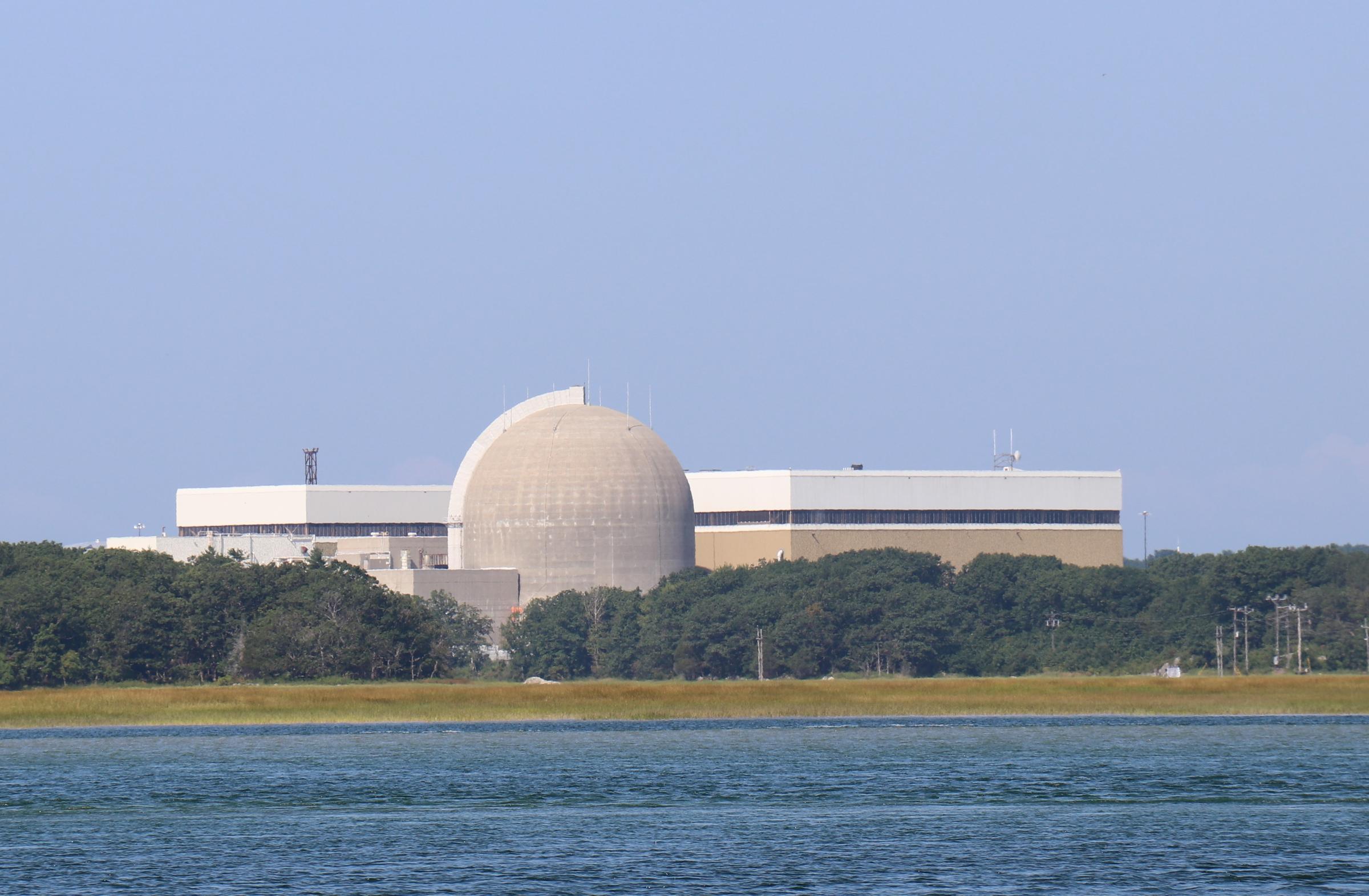
In a world grappling with the urgent need for sustainable energy solutions, nuclear power is experiencing a revival. The recent commitment by the U.S. and 21 other nations to triple nuclear energy capacity by 2050, announced during the climate talks in Dubai, reflects a global push towards this low-carbon energy source. However, despite growing support, recent endeavors in the nuclear industry have faced setbacks, raising questions about the feasibility of restoring and expanding this complex sector.
Triumphs and Disappointments in Nuclear Projects:
The Georgia Power Company’s successful establishment of a new nuclear generating facility at the Vogtle power plant symbolizes a major win for the U.S. nuclear industry. However, the elation is tempered by delays and exorbitant cost-overruns, underscoring the challenges in executing large-scale nuclear projects. Similarly, NuScale’s ambitious Carbon Free Power Project in Idaho faced cancellation due to a doubling of project costs to over $9 billion, revealing the unpredictability and financial risks inherent in nuclear ventures.
Expert Concerns and Industry Morale:
Jacopo Buongiorno, Director for the Center of Advanced Nuclear Energy Systems at MIT, voices concerns about the industry’s ability to deliver nuclear projects efficiently. While public and governmental support for nuclear energy remains robust, successful project execution is essential to gain confidence from various stakeholders, including investors, regulators, and the public.
Unique Challenges in Nuclear Projects:
Wyoming, often referred to as the Cowboy State, has found itself in the midst of nuclear project challenges. Despite a recent agreement for small-scale nuclear reactors, the state’s flagship partner, TerraPower, faced significant delays in its reactor project in Kemmerer. Each nuclear project brings forth unique challenges, with TerraPower’s setback primarily attributed to disruptions in the nuclear fuel supply chain, exacerbated by geopolitical events like Russia’s invasion of Ukraine.
Nuclear Fuel Supply Chain Woes:
TerraPower’s initial plan to procure nuclear fuel from Russia became untenable in the wake of geopolitical conflicts, leading to a delay in the expected service date from 2028 to 2030. The intricacies of the supply chain, particularly the reliance on international partners for critical components, highlight vulnerabilities that can impact project timelines.
Federal Legislation and Support:
Recognizing the need for self-sufficiency, the U.S. has taken legislative steps to enhance domestic nuclear capabilities. The Nuclear Fuel Security Act, recently signed into law by President Joe Biden, directs the Department of Energy to establish a program for onshoring nuclear fuel production. This aims to reduce dependency on foreign sources, particularly Russia, and boost domestic uranium mining.
Local Initiatives and Wyoming’s Role:
Wyoming’s proactive stance involves inviting bids for nuclear-related projects through the Wyoming Energy Authority’s Energy Matching Funds program. The state aims not only to contribute to power generation but also to establish a comprehensive nuclear value chain, leveraging its uranium reserves and mining expertise.
Bridge Solutions and Repurposing Nuclear Material:
Amidst challenges, TerraPower and others explore interim solutions, including repurposing nuclear material from decommissioned warheads. Highly enriched fuel from warheads can be “down blended” for use in the new generation of modular reactors. Negotiations between TerraPower and federal leaders are underway for the potential use of warhead material.
Challenges in Radioactive Waste Management:
While legislative efforts primarily focus on the front-end of nuclear production, the significant backend challenge of radioactive waste management remains. The Nuclear Waste Policy Act, dating back 40 years, mandates on-site storage until a permanent solution is found. However, the lack of progress in establishing permanent repositories raises environmental and fiscal concerns.
The revival of nuclear power holds promise for a cleaner, sustainable energy future, but the journey is fraught with complexities. Balancing public support, legislative initiatives, supply chain resilience, and waste management is crucial for the nuclear industry’s success. As Wyoming takes center stage in nuclear advancements, and federal programs aim to strengthen domestic capabilities, the industry must address challenges transparently, uphold accuracy in project estimates, and foster credibility to realize its potential as a cornerstone in the global energy transition.





